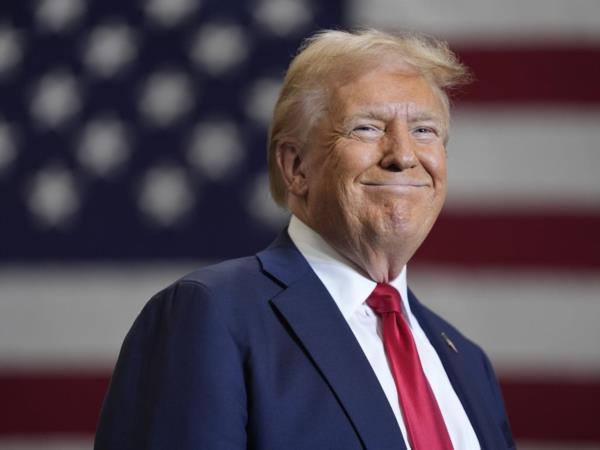
A potential return of Donald Trump to the presidency could have significant implications for the United Nations (U.N.), particularly in terms of funding. Currently, the U.S. contributes about a third of the U.N.'s budget, with President Biden increasing financial support from $11.6 billion in 2020 to $18.1 billion in 2022. This heightened financial backing gives the U.S. leverage to withhold funds if U.N. actions diverge from American interests, a move advocated by some Republicans.
In 2022, the U.S. contributed three times more than the next-highest donors, Germany and Japan. With a potential Trump administration, there is anticipation for increased scrutiny and engagement with the U.N., emphasizing accountability and efficiency.
Trump's potential return coincides with the U.N.'s selection of the next secretary-general in 2026, granting the U.S. veto power over candidates. This could prompt the U.N. to enhance managerial competence to align with U.S. expectations.
Trump is likely to withdraw the U.S. from agreements such as the Paris Climate Accords and the U.N. Global Compact on Migration. The U.S. plays a crucial role in funding global aid programs, contributing significantly to organizations like the World Food Programme and the U.N. High Commissioner for Refugees.



While concerns exist about budget cuts under a Trump administration, past interactions suggest continued U.S. engagement with the U.N. Trump previously maintained a positive relationship with Secretary-General António Guterres and valued the U.N. as a diplomatic forum.
Potential strategies under a Trump administration may include pushing for U.S.-friendly leadership in U.N. agencies and countering China's influence within the organization. Recognizing China's expanding presence at the U.N., the U.S. may focus on securing influential positions and enhancing effectiveness within the organization.
Despite potential shifts in U.S. policy towards the U.N., the organization remains a vital platform for global diplomacy and cooperation, with future dynamics influenced by the U.S.'s stance on international engagement.







